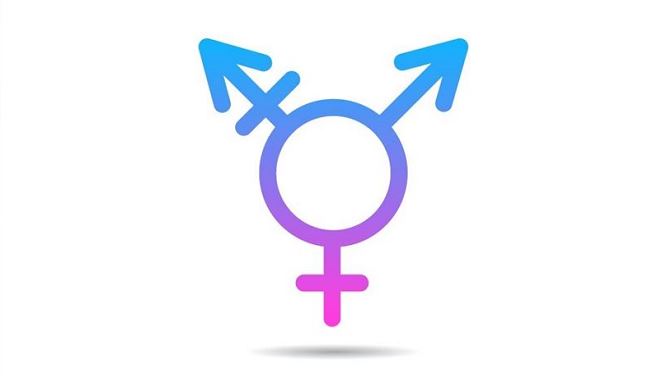A look at a current news item through the lens of different Gale electronic resources.
By Michelle Eickmeyer
Boy, oh boy. American’s have an interesting relationship with soccer. For decades, soccer has held an unyielding grip on, well, every other country in the world. Though there have been the exceptional fanatic interspersed, soccer has largely remained relegated to a kid’s sport. Yes, most children play soccer. No, most adults couldn’t name 4 teams. Until 2014. (See my previous post here.)
During the 2010 World Cup, held in South Africa, 34% of American’s watched at least some part of a match. And we didn’t watch too much. (Source) But in 2014? We were ready. A lot of us watched, and we watched a lot of the matches. Thirty-nine percent more of us watched 33 percent more. (Source)
Why is soccer’s time “now” in America? One theory is that all those kids who grew up playing soccer, are now adults and are putting their time and money where their hearts have always been. Another believes American’s have begun to embrace the opportunity for a “great and exciting” game to end with a very low score.
When the U.S. led the charge to investigate corruption within FIFA, soccer’s global governing body, it raised a few eyebrows. Why is America getting involved was asked by several people, but with varying tone. ‘You don’t even like soccer’ on one side, and ‘finally but how come someone who cared more didn’t step up a long time ago’ from the other. The most frustrating response, in my opinion — as an American who likes soccer — was from Russian president Putin who said we were once again meddling in world affairs which were not our concern and somehow tried to get Edward Snowden involved. (Source) That is the sole statement I have read expressing this (paranoid?) opinion; let’s leave it alone. Other voices from around the wold have been more supportive, including this BBC article.
Obviously, no one at the DOJ consulted me when they planned this action, but there are several reasons which make it easy to understand how/why we chose to act when others did not. We like a fair fight. We aren’t afraid to say no or ask tough questions, even if we have to ask them of our friends. We don’t like being taken advantage of. And, perhaps most importantly, we can sometimes see things differently because we don’t have years of “just accepting it” like many other countries.
Read moreIn Other News: Bribery










